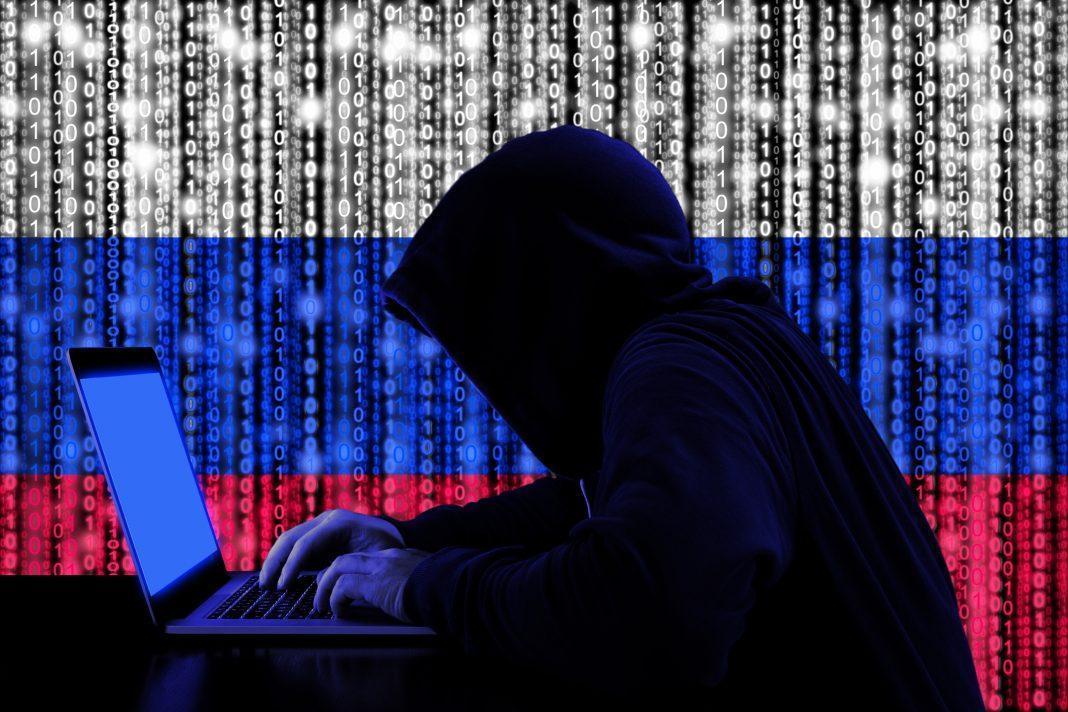Whether or not you believe that Russia tried to influence the 2016 election seems to have entered the twilight zone, where the same shred of concrete evidence is simultaneously elevated to “indisputable fact” status by Trump detractors and questionable propaganda by Trump supporters.
And while there are doubtless those who will claim that the United States Cyber Command is a tool of the deep state and that precious little comes out of Washington without political intent, most of us are content to believe that the Trump appointee Paul Nakasone, head of Cyber Command and the National Security Agency, would not be focused on Russia if it was in any way avoidable.
Coverage in the New York Times was unable to pinpoint how the message was delivered to individual Russian operatives thought to be involved in influencing the outcome of U.S. elections, but according to the Times in this the first known U.S. intervention overseas in connection with cyber, the operatives were informed that they had been identified and tracked.
Recent news that the justice department was bringing charges against the chief accountant of an organized attempt to sway the 2018 midterm elections are probably related to this latest news item. In those charges, Russians working for a close ally of President Vladimir V. Putin were charged with “engaging in an elaborate campaign of ‘information warfare’ to interfere with the American midterm elections next month,” according to another Times story.
In those charges, Elena Alekseevna Khusyaynova is accused of sowing division and discord in the U.S. political system by creating an online presence that spread disinformation and promoting that content on social media platforms, including Facebook , Twitter and Instagram.
Cognitive Security is Cyber Security
You’ve probably heard of information security–or INFOSEC for short. That’s a growing area. If you get it wrong, you get hacked or suffer a data compromise.
If the Justice Department is correct that there has been Russian-backed interference in next month’s midterm election, the cause of that will be something many people concerned with the issue have started to call cognitive security, or COGSEC, borrowing a term from AI developers working on machine-based cyber security solutions.
In this definition of the term, COGSEC refers to the battle over what people think is true. Adolf Hitler wrote in Mein Kampf (often wrongly attributed to Joseph Goebbels), “If you tell a big enough lie and tell it frequently enough, it will be believed.” The disinformation campaigns that are thought by many to have swayed the 2016 elections and that the Justice Dept believes were once again in play in the midterm elections are based on repetition of lies.
Facebook, Instagram and Twitter have all said that they are concerned about the issue of COGSEC and elections, and they have each in their own way made meaningful steps toward reducing that amount of unreliable and disreputable information targeted at what we might call high credence, disinformation vulnerable voters. But is it enough?
How It Could Hurt Business
If these destabilizing campaigns work, if the disenfranchisement of the truth comes to pass, why wouldn’t unscrupulous entrepreneurs use the same tactics to hurt competitors?
While there are certainly pundits who would argue that is precisely what President Trump did with the help of Russia in 2016, that’s not what I am getting at. One thing is clear: disinformation technology created by state spying agencies is at least as effective as the best marketing algorithms. In fact, given the likelihood that commercial marketing efforts are bound by rules and regulations, it is possible the state-sponsored versions of persuasion are much more effective.
So what happens if that technology leaks into the private sector where semi-criminal business interests can get their avaricious paws on it?
There is every reason to believe that the individual operatives targeted by Cyber Command have side gigs. Why wouldn’t they use their proven tactics to help businesses beat their competition? They would, and the fallout would be considerable.
Consider how consumers will react when it is revealed that the election-grade disinformation campaign now being targeted by Cyber Command was deployed in a consumer product campaign. Consumers will lose confidence in information promoted via social media–and this will for sure diminish the effectiveness of social in marketing campaigns.
Disinformation is about to be transformed from a political football to a marketing disaster. There is a solution, and one can only hope that the first volleys in the war that needs to be waged were just released by Cyber Command–and that whatever they’re doing to combat this threat to our nation works.










